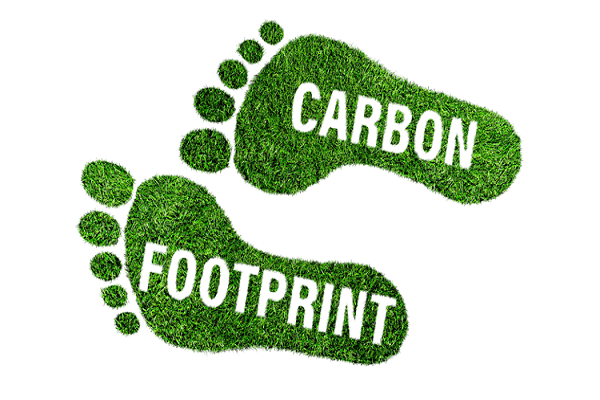One of the main issues our civilization is currently undergoing is environmental problems. Humans are at the point of an ecological disaster due to human development. However, we are advised that there are still things we can do to reduce the damage.
One such action is decreasing your personal carbon footprint. This article examines what this entails and the options available to you.
1. Practice Recycling
Commit to recycling your garbage and utilize your area's recycling services. Locate the closest facility or drop-off location if the local municipal doesn't offer recyclable collections. Take the initiative to sort your household waste by plastic, paper, metal, and glass.
Look for opportunities to repurpose or upcycle garbage that isn't recycled. Additionally, consider if you must continue purchasing these non-recyclable merchandises in the future.
2. Food Consumption
Farm animals, as well as dairy, are to blame for 14.5 percentage points of human-caused greenhouse gasses. This is primarily due to the production as well as manufacturing of nutrients as well as the methane that sheep and pork belly belch out. In fact, it is 25 times more deadly than carbon dioxide at retaining heat in the air over such 100 years.
You may cut one's environmental impact by 8 pounds per day annually—just avoid dairy and animal products.
Read- Environmentally Safe Products: How They Can Benefit Your Business
3. Use Less Power
Try your best to reduce the amount of power you use. If no one is in the area, turn off the lights. When not being used, remove your smartphone charger from the wall and turn off the television.
Please make the most of load reduction by utilizing it as an occasion for a special lamp meal. Invest in a water heater instead of a petroleum or electricity bar warmer. When you only need one cuppa, don't boil the entire teapot; alternatively, add the necessary liquid level.
4. Put an End to Single-Use Plastic
Although solitary plastics are practical, they are very harmful to the environment. In addition to polluting our seas and streams, they sometimes use energy to manufacture and dispose of. Users can lessen the carbon impact of your business by ceasing to use throwaway items like silverware and plastic containers.
5. Bring Attention to Everyone's Surroundings
There's a chance that the students at your university do not know most about carbon footprints, greenhouse gasses, or climate change. Through an increased understanding of these problems, you can change that.
Parents and students can benefit from learning about the value of environmental protection through projects and raising activities. This can encourage individuals to leave smaller carbon footprints.
Conclusion
You've surely observed that the same phrase, "carbon footprint," is frequently used when referring to climate change. Pollutants like co2 and methane are greenhouse gasses because they trap the atmosphere's heat and significantly contribute to global warming.
The total amount of all these greenhouse gasses, either direct or indirect, released into the environment due to human activities is known as a carbon footprint. This applies to people, families, businesses, occasions, and nations.

No comments:
Post a Comment